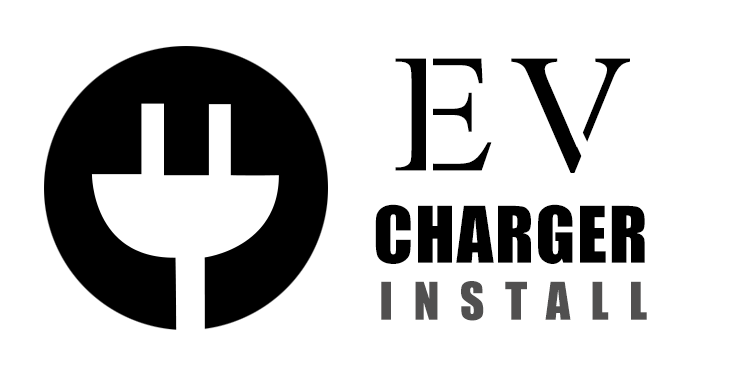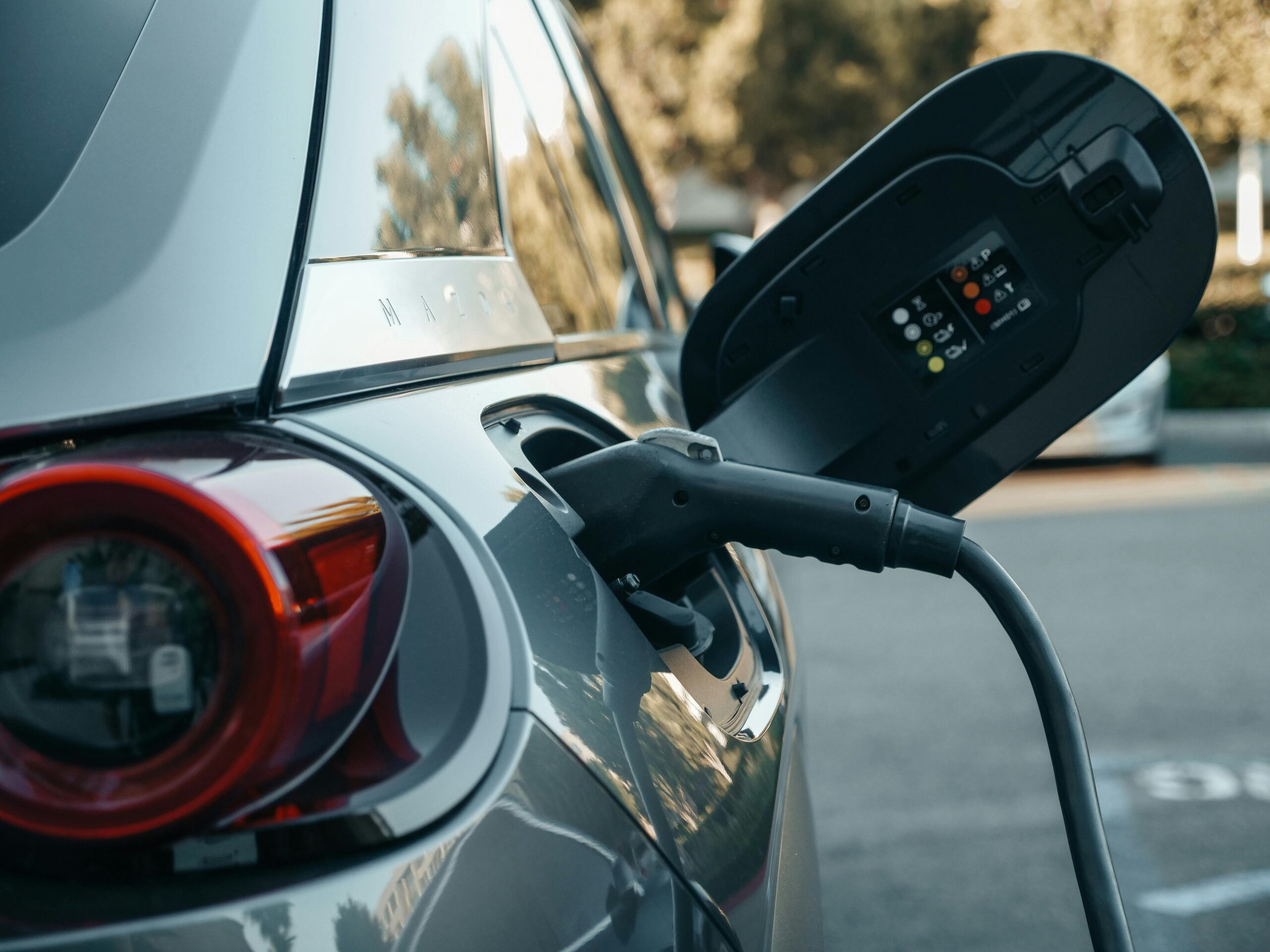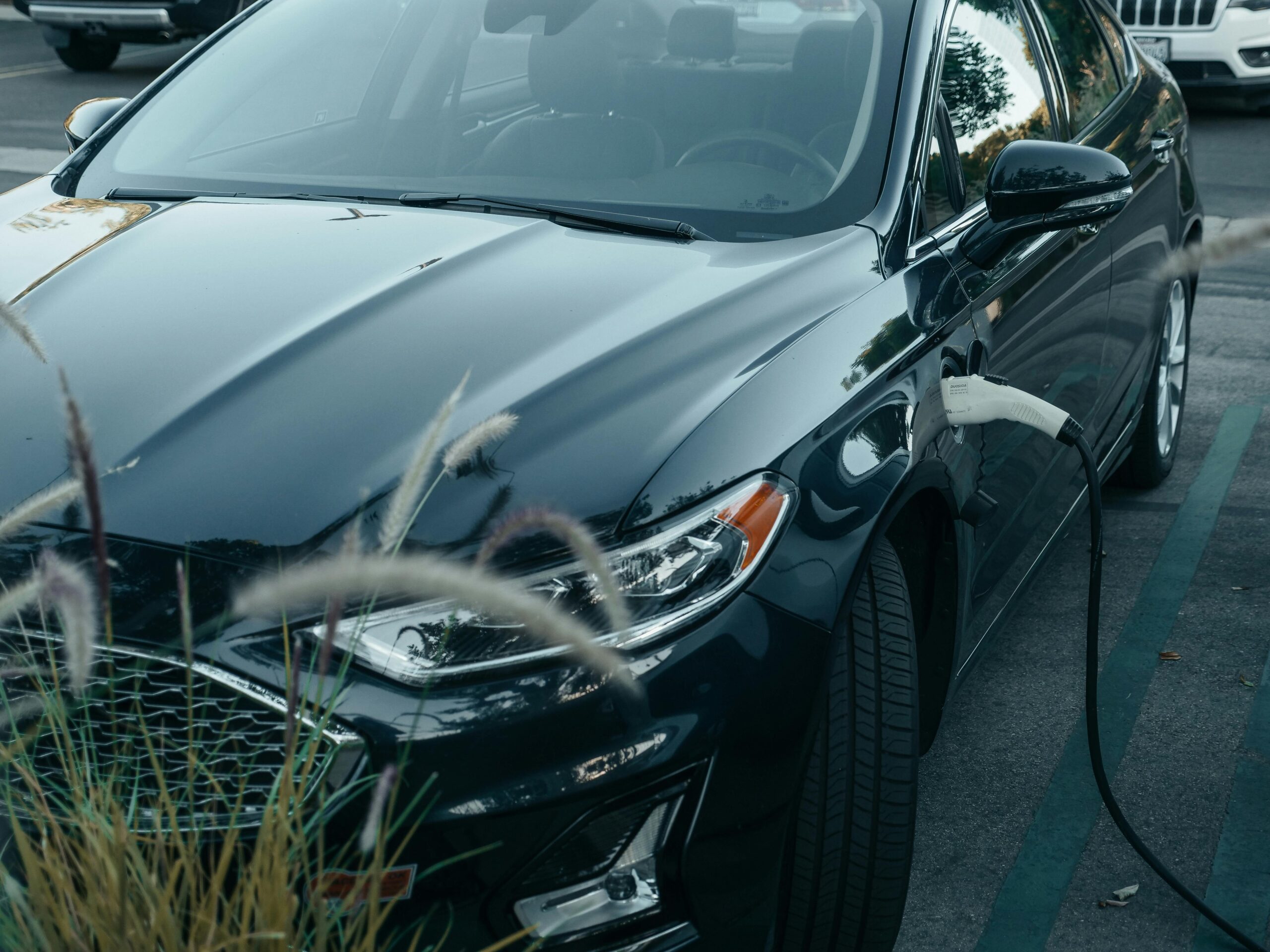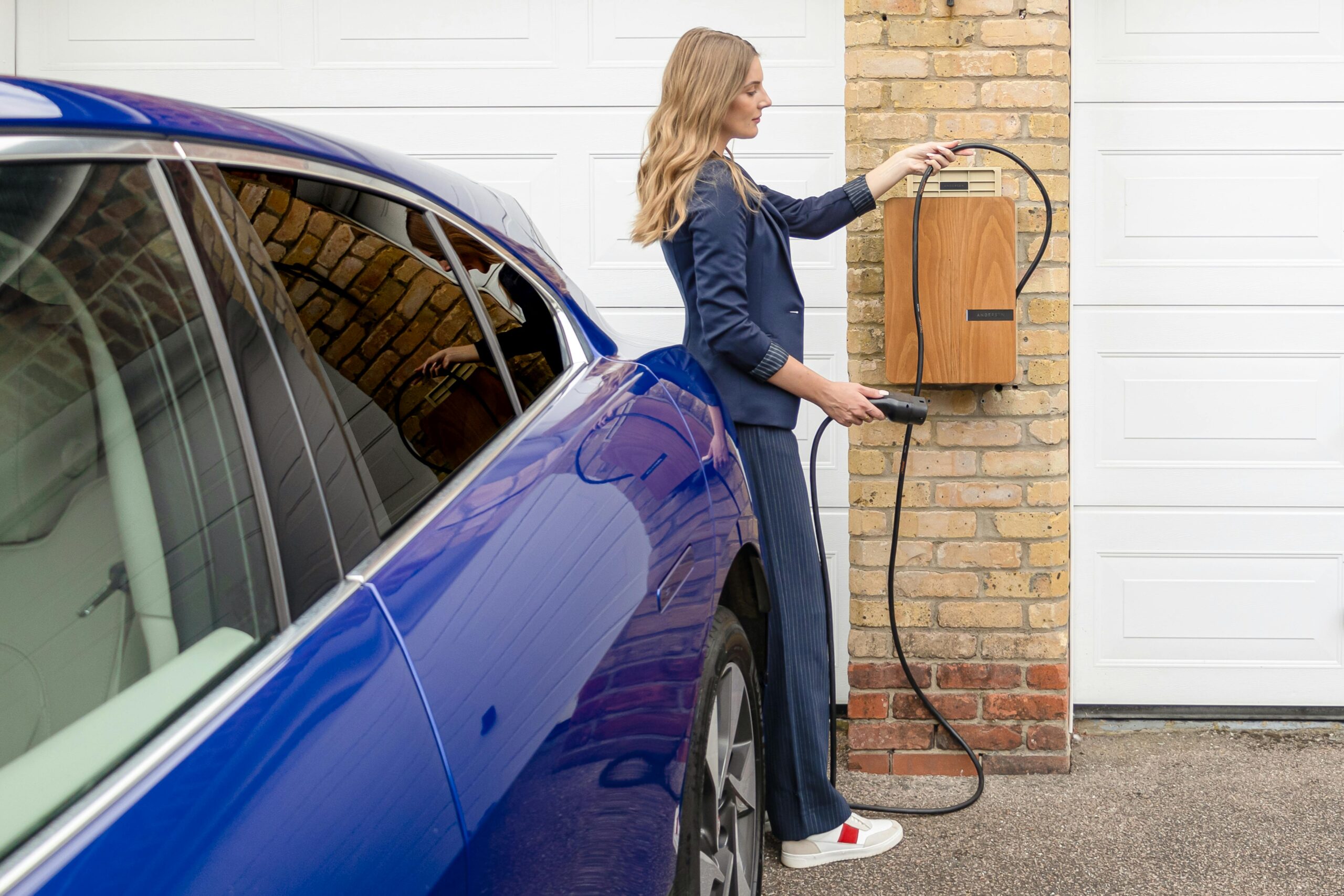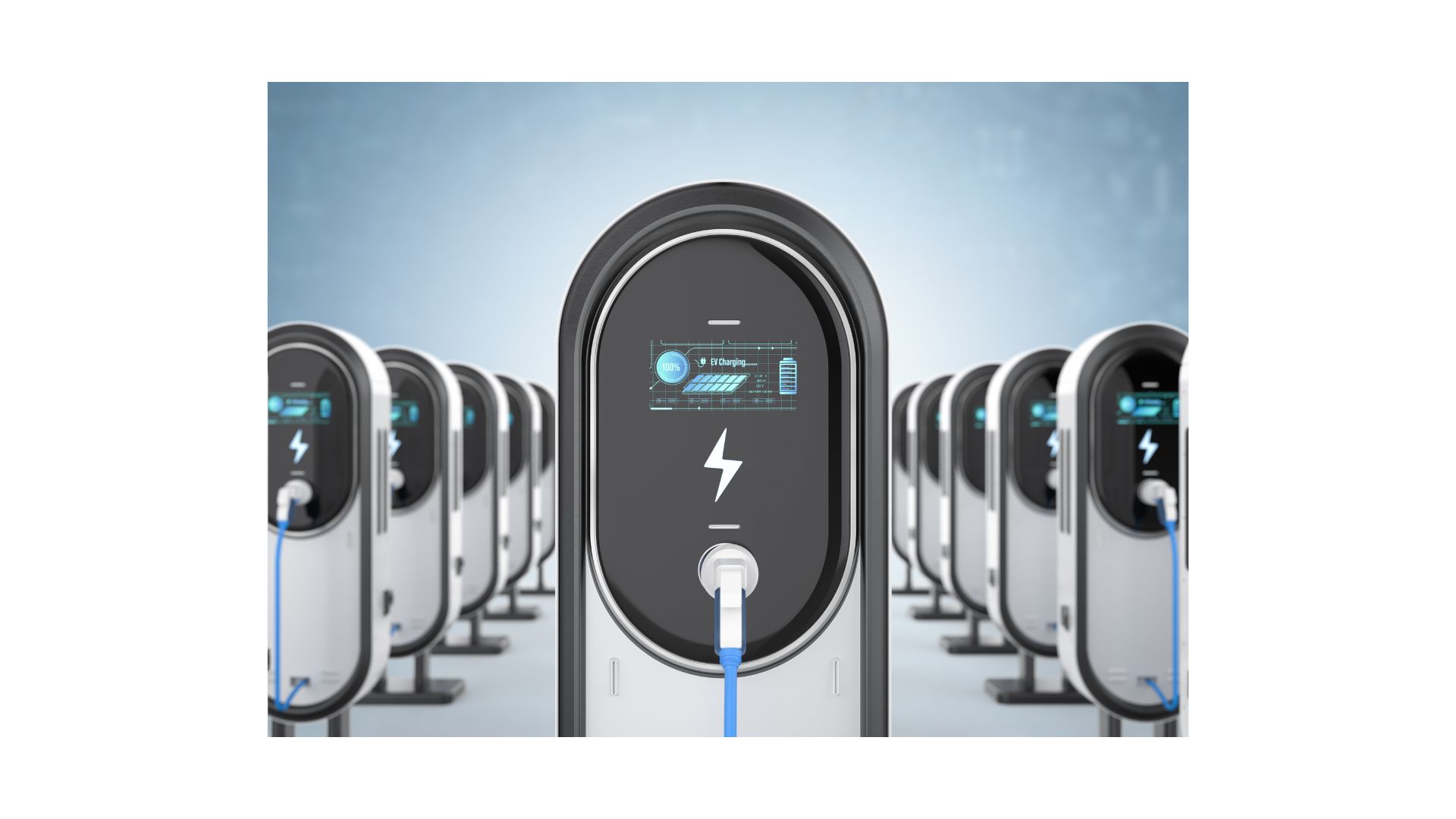EV Charger Install
- Residential & Commercial EV Charging Stations
Serving Northern, NJ Commercial & Residential Customers for more than 14 years
Affordable driving with eco-friendly benefits
As electric vehicles (EVs) become increasingly popular, many owners are considering the convenience of home charging
Getting started with home EV charging involves understanding the different types of chargers available and their installation requirements. The most common options are Level 1 and Level 2 chargers. Level 1 chargers use a standard household outlet and are ideal for overnight charging, while Level 2 chargers, which require a dedicated circuit, offer faster charging times and are perfect for daily use. Evaluating your driving habits and the specific model of your EV will help determine which charger is best for your needs.
Once you’ve chosen the right charger, the installation process is the next step. This typically involves assessing your home’s electrical system to ensure it can handle the additional load. You may need to hire a licensed electrician for installation, particularly for Level 2 chargers, which require specific wiring and circuit breakers. After installation, you can easily plug in your EV at home, allowing you to charge overnight and start each day with a full battery. With the right setup, home charging can become a seamless part of your routine.
Benefits
Convenience
Home EV charging offers numerous advantages that enhance the overall experience of owning an electric vehicle. One of the most significant benefits is convenience; charging at home eliminates the need to visit public charging stations, saving both time and effort. You can simply plug in your vehicle at night and wake up to a fully charged battery, allowing you to start your day without any interruptions. This convenience is particularly beneficial for those with busy schedules or long commutes.
Cost
In addition to convenience, home charging is often more cost-effective than using public charging stations. Electricity rates for home charging are typically lower than the prices at public charging locations, and many utility companies offer special rates for EV charging during off-peak hours. Furthermore, the ability to charge your vehicle using solar power can further reduce costs and environmental impact, making home EV charging a sustainable choice. Ultimately, the combination of convenience, cost savings, and environmental benefits makes home EV charging an attractive option for many drivers.


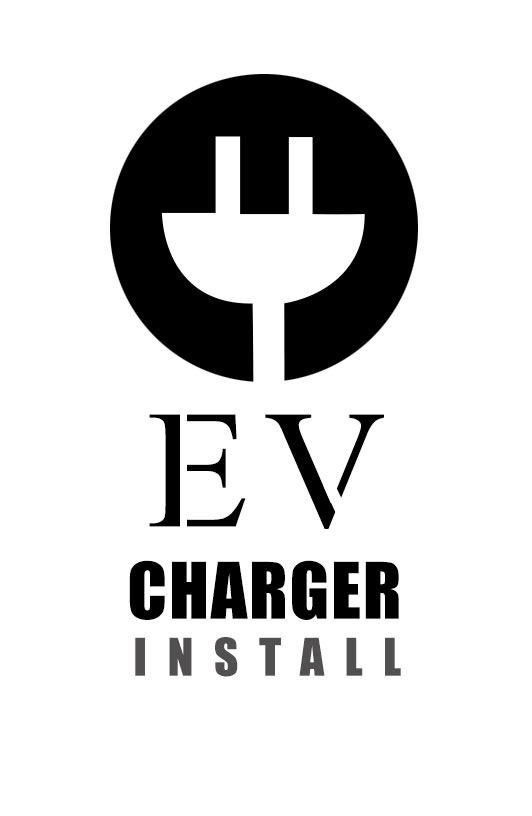
Charger Types and Technologies
When it comes to home EV charging, understanding the different charger types is essential for making an informed choice. The most common options are Level 1 and Level 2 chargers.
Installation Tips and Best Practices
Installing a home EV charger requires careful planning to ensure a safe and efficient setup.
Begin by assessing your home’s electrical system to determine whether it can support the charger you choose, particularly for Level 2 installations. It’s often advisable to consult with a licensed electrician who can evaluate your electrical panel, suggest necessary upgrades, and handle the installation process. Consider the location of your charger as well; it should be easily accessible and placed in a dry, shaded area to protect it from the elements. Additionally, utilizing a dedicated circuit for your charger is essential to prevent overload and ensure reliable charging.
Maintenance and Troubleshooting
Regular maintenance of your home EV charger helps ensure optimal performance and longevity
This includes periodic inspections for any wear or damage to the charger and the associated wiring. Keeping the charger clean and free of debris will also enhance safety and efficiency. In the event of issues, it’s helpful to know common troubleshooting steps. For example, if your charger isn’t functioning, check the circuit breaker and ensure the unit is plugged in securely. Many chargers also come with diagnostic tools that can identify problems. If issues persist, don’t hesitate to reach out to the manufacturer or a qualified electrician for support.

User Experiences and Testimonials
Hearing from fellow EV owners can provide valuable insights into the home charging experience.
Many users report that having a charger at home has transformed their daily routines, allowing for stress-free charging without the need to find public stations. Testimonials often highlight the convenience of waking up to a fully charged vehicle, particularly for families with multiple EVs or heavy daily commutes. Some users also share how switching to home charging has significantly reduced their fuel costs, making EV ownership more economical. Collecting and sharing these experiences can foster a sense of community among EV owners, encouraging others to embrace the benefits of home charging.
EV Charging Resources & Tools
To help homeowners navigate the world of EV charging, a variety of resources and tools are available.
Online calculators can estimate charging costs based on local electricity rates, allowing users to better understand their potential savings. Compatibility checkers help users determine which chargers are best suited for their specific vehicle models, ensuring they make informed purchasing decisions. Additionally, many websites offer detailed guides and articles covering everything from installation processes to tips on optimizing charging efficiency. Providing these resources on your website can empower users with the knowledge they need to make the most of their home EV charging experience.
Complying with Regulations for Home EV Charging
When installing an electric vehicle (EV) charger at home, it’s essential to comply with local regulations and building codes to ensure safety and legality
When installing an electric vehicle (EV) charger at home, it’s essential to comply with local regulations and building codes to ensure safety and legality. The first step is to check with your local municipality to understand the specific requirements for EV charger installations. Many regions have adopted the National Electric Code (NEC) guidelines, which dictate safe installation practices, including electrical wiring, grounding, and circuit specifications. Additionally, some areas may require permits for the installation of a Level 2 charger, especially if it involves significant electrical work or modifications to your home’s electrical system.
Engaging a licensed electrician familiar with EV charging regulations is crucial for ensuring compliance. They can help navigate the permitting process and ensure that all installations meet safety standards. Beyond installation, it’s also important to stay informed about any updates to local regulations, as the rapid growth of the EV market may lead to changes in codes or incentives. By following these regulations, you not only protect yourself from potential fines but also contribute to a safer environment for all EV users in your community.
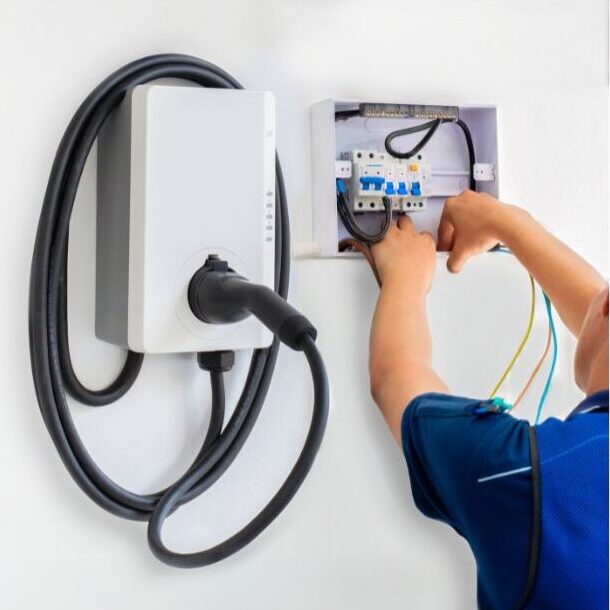
EV Charging Safety for Home Installations
Ensuring safety during home EV charging is paramount to protect both your property and your vehicle
First and foremost, it’s essential to use equipment that is certified and compatible with your electric vehicle. Look for chargers that meet established safety standards, such as those from Underwriters Laboratories (UL). When installing a Level 2 charger, it’s crucial to hire a licensed electrician who can evaluate your home’s electrical system, ensuring it can safely handle the load without risking overload or fire hazards. Proper installation includes using dedicated circuits, appropriate wiring, and circuit breakers, all of which contribute to a safe charging environment.
In addition to installation considerations, practicing safe charging habits can further reduce risks. Avoid using extension cords to connect your charger, as this can lead to overheating and electrical fires. Always inspect your charging equipment for any signs of wear, such as frayed cables or damaged connectors, and address any issues promptly. It’s also advisable to keep the charging area dry and clear of debris, minimizing the risk of electrical shock. By following these safety guidelines, you can enjoy the convenience of home EV charging with peace of mind, knowing that you’re taking the necessary precautions to protect your home and family.
